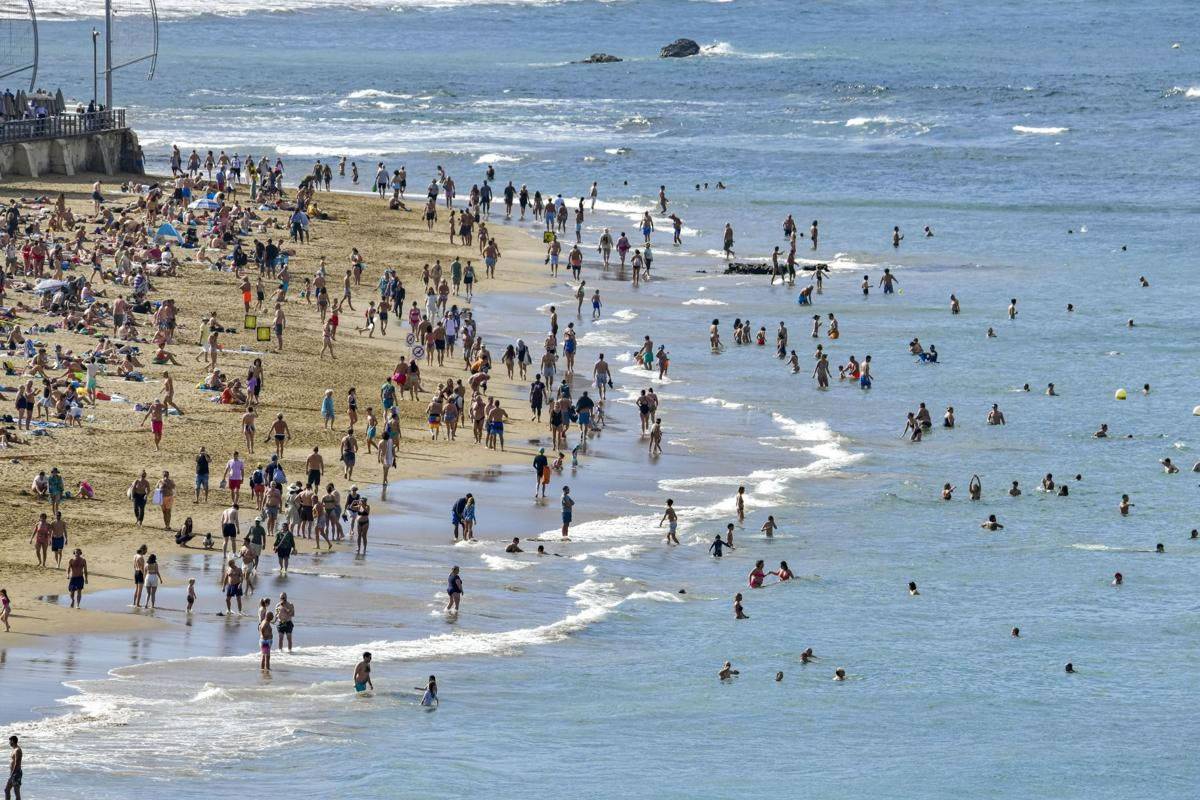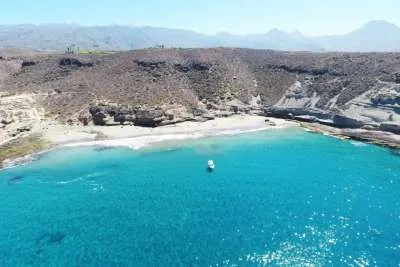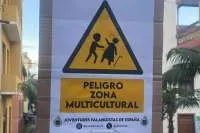Government launches Public Consultation to renew 30-year-old Canaries Tourism Law
- 22-04-2025
- National
- Canarian Weekly
- Photo Credit: C7
The Canary Islands Government has begun a public consultation process to reform its outdated tourism legislation, marking a pivotal step in reshaping the archipelago’s approach to one of its most vital economic sectors.
The initiative, announced yesterday, Monday 21st April, aims to update the General Tourism Law of 1995 and the 2013 Law on Tourism Renewal and Modernisation, adapting them to the current challenges and realities facing the islands.
Spokesperson for the regional government, Alfonso Cabello, explained during a press conference following the weekly Cabinet meeting, that the archipelago requires a new legal framework capable of addressing the pressing issues expected over the next three decades. “We’re doing this the Canary Islands way — extending a hand and listening to everyone,” Cabello said, noting that wide-ranging consultations will take place in the coming months.
This reform comes against a backdrop of growing social discontent, highlighted by last week's hotel worker’s strike. Cabello said that President Fernando Clavijo had already called for businesses to raise wages in the sector to ensure fair distribution of the wealth it generates, more than a year ago at the Fitur tourism fair.
He praised the successful wage agreement reached between workers and unions in the province of Las Palmas and expressed hope for a similar resolution in Tenerife, where negotiations have so far stalled despite the president's personal mediation.
Jessica de León, the Canary Islands’ Minister of Tourism and Employment, stressed the importance of building a modern and comprehensive legal framework that reflects sustainability and takes into account the vulnerability of the islands’ territory and the quality of life of its residents.
“The new regulation must align with today’s social and environmental realities, correcting outdated elements and integrating changes from national and regional rulings, including Constitutional Court decisions,” De León said. She added that the reform of Law 7/1995 will necessarily entail significant changes to Law 2/2013, as both texts regulate overlapping aspects of the sector.
Among the key goals of the new legislation is to address the chronic housing shortage in tourism-heavy areas, with a view to protecting local residents’ access to long-term housing. This challenge had already prompted the government to pass an emergency decree in March, modifying the 2013 law to include urgent land use measures and the conversion of certain tourism establishments, aiming to alleviate the housing crisis and provide legal certainty to residents living in tourist zones.
The reform will also define the status of municipalities with high levels of tourist activity, distinguishing them from other towns and villages that, while part of the Canary Islands’ overall tourism brand, do not face the same service demands or environmental pressure. These distinctions are expected to influence future infrastructure and public service policies.
In addition, the new legislation is set to include updates to planning and building standards in degraded tourist areas, bringing them into line with stricter criteria from European, Spanish, and Canarian law. The goal is not only to modernise facilities but also to ensure environmental and social sustainability.
This initiative is part of a broader legislative agenda outlined at the beginning of the current term, which includes four key goals: drafting the Sustainable Regulation of Tourist Housing Law (focused on short-term rentals), amending the decree governing Active Tourism activities, introducing the first-ever regulation of campsites and camping activities, and reforming both the 1995 and 2013 tourism laws.
According to De León, this is a crucial moment for redefining how tourism fits into the future of the Canary Islands: “This process is about reconnecting regulation with the people and professionals of the islands — making tourism more equitable, sustainable, and resilient.”
Other articles that may interest you...
Trending
Most Read Articles
Featured Videos
TributoFest: Michael Buble promo 14.02.2026
- 30-01-2026
TEAs 2025 Highlights
- 17-11-2025



























































